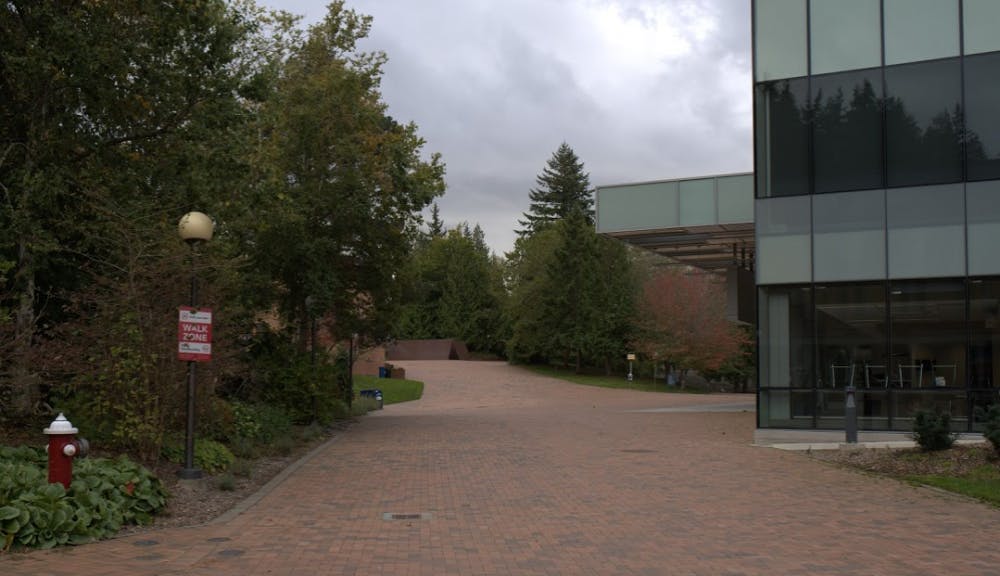COVID-19 has caused Western Admissions to look further down the waiting list

University admissions across Washington state have decided to accept students lower on the waiting list due to the effect of COVID-19 on applicant numbers.
“Knowing that the pandemic was going to have a negative impact on enrollment, Western admissions folks wanted to extend more offers,” said Western Director of Communications Paul Cocke.
The University of Washington's decision to extend offers to their applicants — applicants who may normally accept an offer from Western — caused Western to adapt by extending offers themselves, Cocke said.
“Western learned that the University of Washington would be moving to admit more students in order to mitigate pandemic challenges to their enrollment goals,” Cocke said.
COVID-19 created a domino effect, said Bill Lyne, president of the United Faculty of Washington State.
“The reason why UW is going deeper into their waiting list is because, you know, more people are not going to college because of the pandemic,” Lyne said.
Compared to past years, Western’s admissions offer rate was higher and the university attempted to extend offers earlier, Cocke said.
In 2018, the Western Honors program admitted 62% of its applicants, according to this item discussed in the Board of Trustees meeting on Oct. 9. This year 83.3% were admitted. Even with more students given offers, only 77.2% actually enrolled this year. In 2018, 93.2% of those who were admitted enrolled.
First-year Western student and early applicant Lily Beagle warned that Western should only extend offers if it has the resources to effectively teach students.
“I can see teachers being maybe overworked now, just a tiny bit, because it’s hard to keep up with students if you're not really meeting them all the time,” Beagle said. “I feel like it's hard when you don't get to see them every day and meet face to face.”
Lyne had similar concerns.
“The only downside is that we may have to make sure that we have the resources that we need to do what we need to do,” Lyne said. “I think that all of us advocate with the legislature to make sure that funding for higher [education] remains what it should be.”
Faculty need to advocate with the legislature to make sure higher education is funded so professors have the resources to teach, Lyne said.
“I just want as many students to be able go to college as you can,” Lyne said. “I think, you know, everybody should open their doors to as many people as we can get in.”
The university contends that going deeper into its waiting list does not mean a lower standard of student preparation for college or that admitted students may struggle more than usual.
“We are confident that all students admitted to Western have the capacity to succeed in our university environment,” Cocke said.
The job of a public university is to welcome students and teach them, Lyne said.
“If you're given the opportunity and you’re willing to work hard, everybody can succeed in college,” Lyne said.
Western plans to continue extending early offers to applicants who they believe can succeed at the university, Cocke said.
“Our commitment to ensuring a diverse learning environment for all students and to provide important opportunities for students across the state and beyond is core to our work in admissions,” Cocke said.





